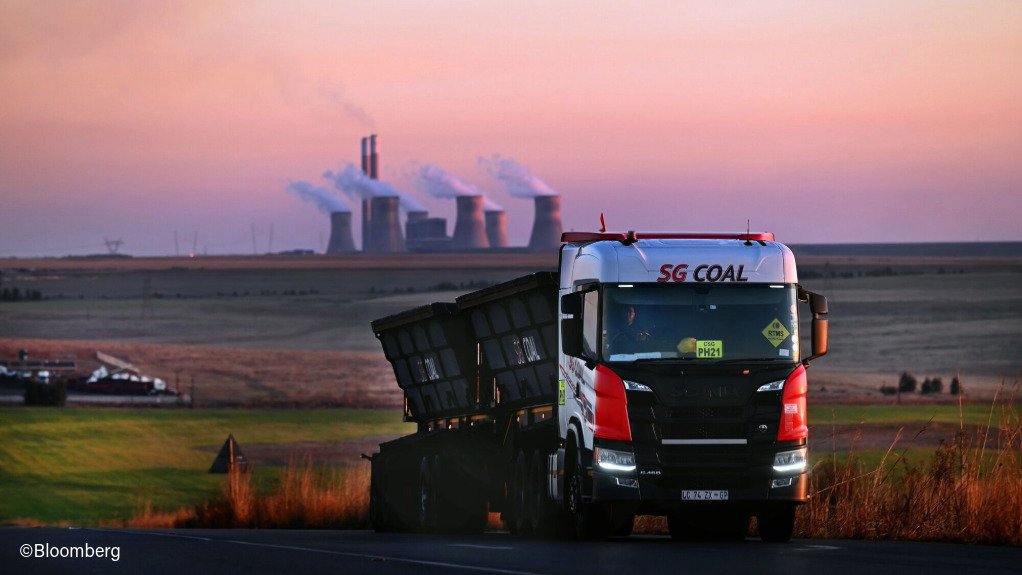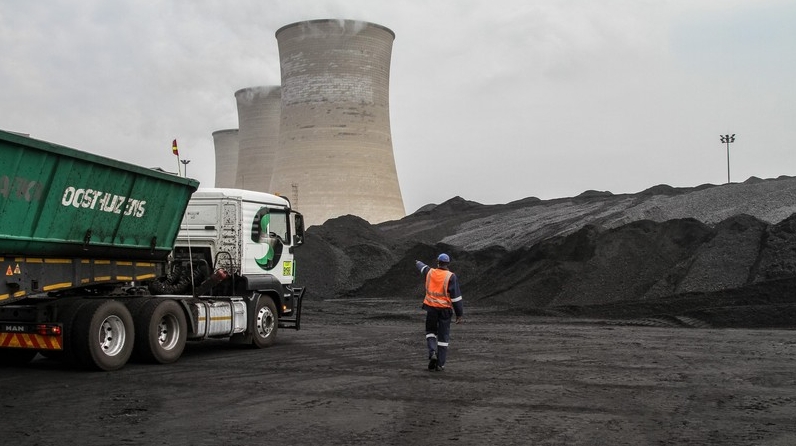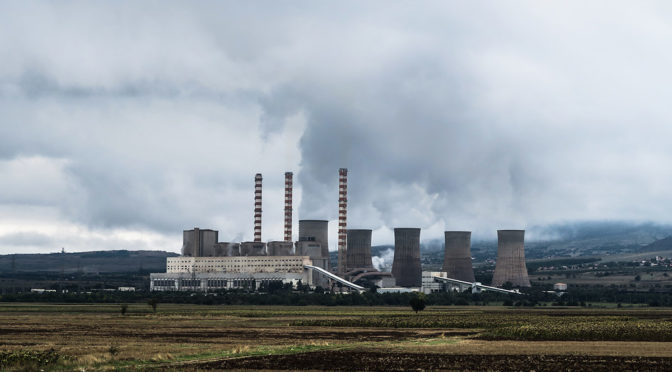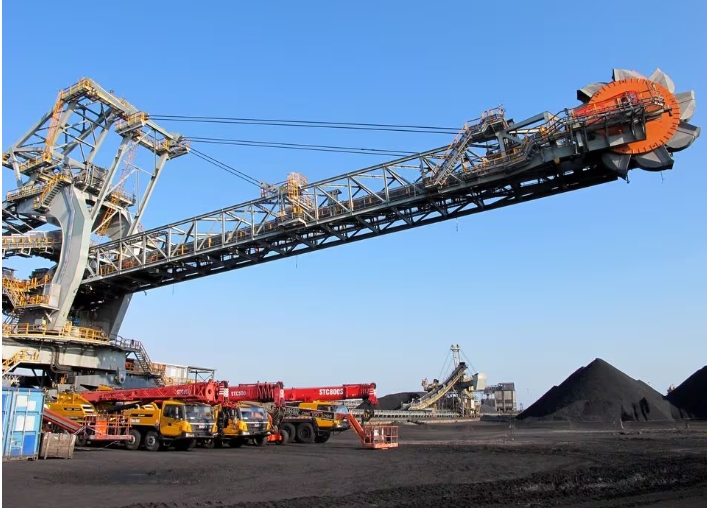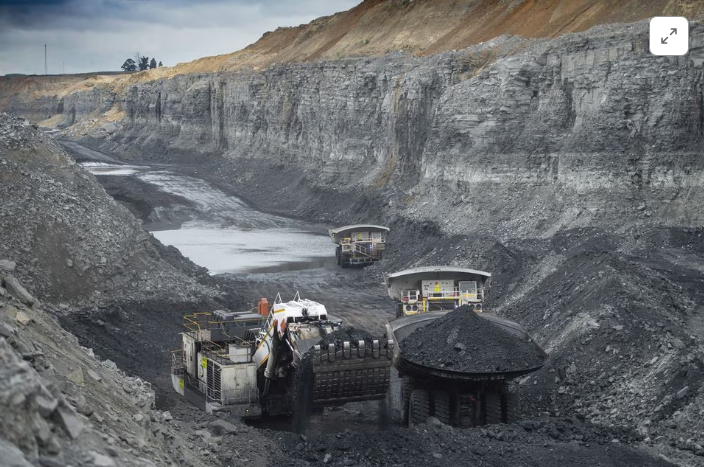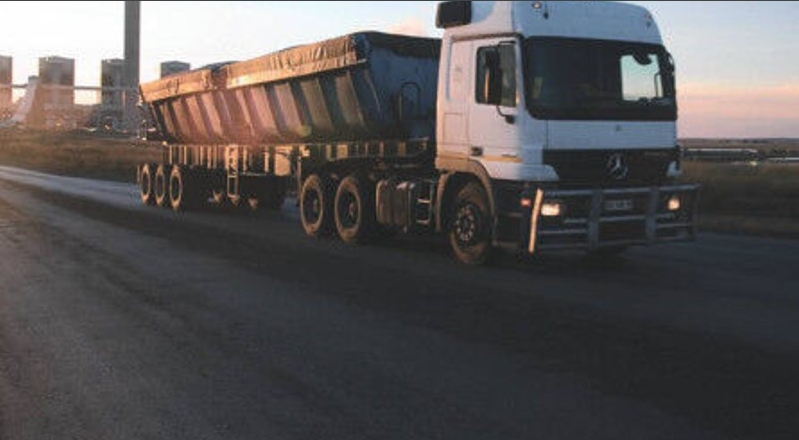
This echoed the promise made by Transnet’s Ali Matola at the 17th McCloskey Southern African Coal Conference in May 2022. Unfortunately, instead of reaching 60 Mt in 2022, RBCT was only able to export 50.4 Mt in 2022 from 58.7 Mt in 2021 and a record 76.5 Mt in 2017. In 2023 RBCT was only able to export 47.2 Mt, the lowest tonnage since 1992.
Other delegates were not as optimistic as Mabaso and said they were planning pessimistically on only 49 Mt this year, given the ongoing spare parts shortage for Transnet Freight Rail ’s locomotives, while RBCT itself was only planning for 50 Mt after planning for 60 Mt last year.
Mabaso showed a slide which gave the different annual capacities of the various components of the coal RBCT supply chain. In terms of slot capacity, the capacity was 67 Mt, wagons had 77 Mt, locomotives 60 Mt, crews 77 Mt, yards 77 Mt, RBCT offloading 91 Mt and RBCT vessel loading 91 Mt.
He noted that the number of available locomotives had dropped from 259 in the 2017/18 financial year to 176 in the 2021/22 financial year and only 160 in the 2022/23 financial year.
“Our problems in terms of locomotive availability has been concentrated in spares availability and the good news is that we will be receiving our batteries this month and the compressors in April. Even without them we managed to have five weeks in December and January when we moved 1 Mt per week, showing that we can exceed 50 Mt if that pace is sustained for a year,” Mabaso said.
Looking at the medium term, defined as the next 24 months, Mabaso said the focus would be on digitisation as that would allow trains to move faster and would optimise maintenance and so reduce in-service failures.
Gavin Kelly, the CEO of the Road Freight Association, said there was an urgent need to move coal back onto rail from road because if there was no change, then the road infrastructure would collapse within 18 months.
“The roads were designed and built in the 1960s to cope with 5-ton axle loads and maybe 1 500 trucks a day. Now the roads are handling 3 500 trucks a day with axle loads of 9 tons, so no wonder you have the road infrastructure deteriorating. In addition, RBCT was designed to handle bulk commodities coming in by trains with the tipplers able to offload a train load of coal in just 90 minutes.
“There is no way that you offload the equivalent of that train load, which is about 230 trucks, in anything like the same efficiency, which is why you have kilometre long queues of trucks waiting to offload and causing congestion on Richards Bay’s road,” Kelly said.
Theo Johnson, the acting managing executive for the North Corridor at Transnet Freight Rail, said they had become intelligence operatives to combat the syndicates causing sabotage and theft of cables, but there was a lack of law enforcement to put the criminals in jail.
“When the police arrest the criminals we often find that they are repeat offenders. If we want to address this problem, then we must up the conviction rate,” Johnson said.
Matthias Brodner, the managing director at Turing Insights, said their tracking system sent a message every 3 seconds which enable them to combat the syndicates swapping high quality coal for low quality coal.
“You may have seen the expose on Carte Blanche that showed how the syndicates operate. We have been able to close down 17 blending sites using our tracking system,” Brodner said.
